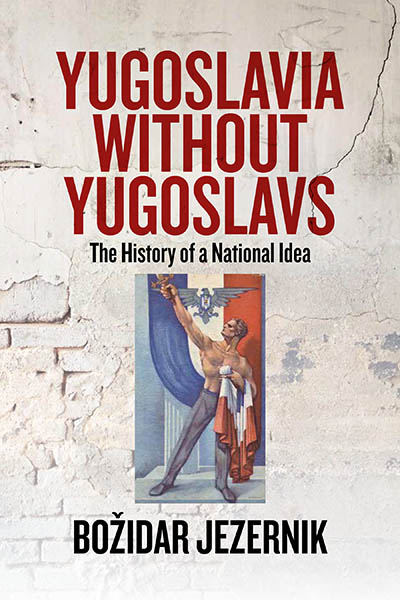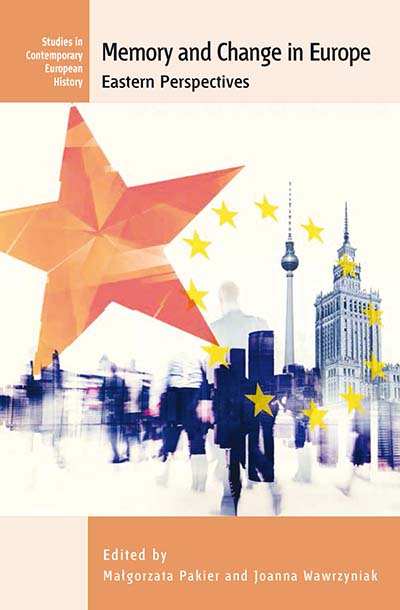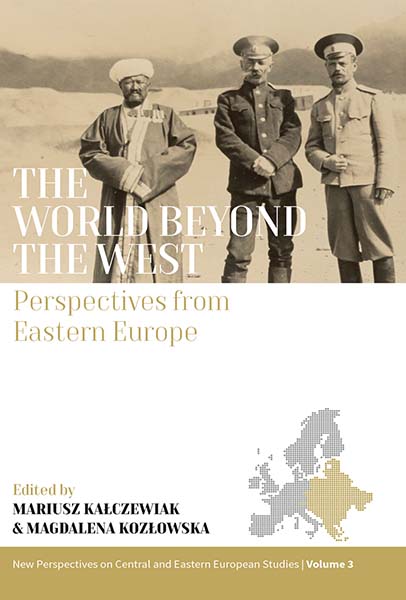
See Related
History JournalsEmail Newsletters
Sign up for our email newsletters to get customized updates on new Berghahn publications.
Yugoslavia without Yugoslavs
The History of a National Idea
Božidar Jezernik
Translated from the Serbian by Božidar Jezernik, Lucy Stevens, and Vuk Šećerović
312 pages, 20 illus., bibliog., index
ISBN 978-1-80539-043-5 $135.00/£104.00 / Hb / Published (July 2023)
eISBN 978-1-80758-162-6 eBook
Description
The term “Yugoslavia” first appeared in an article in the newspaper Slovenija in Ljubljana on Friday, October 19, 1849. The author of the article declared that he was not interested in politics, but only in the literary unification of Yugoslavs within the Austro-Hungary Empire. With ongoing conflicts and disparate forms of nationalism in and around historical Yugoslavia as its backdrop, Yugoslavia without Yugoslavs for the first time addresses the history and idea of a united Yugoslavia in and during which a true “Yugoslav” identity never really came into being . Following a series of wars and uprisings from 1875 onwards, the first nation-state of Southern Slavs, established after World War I, became the “Kingdom of Serbs, Croats and Slovenes” — a competing nationalistic blender that would go through failure, revival and transformation of the concept of “Yugoslavia”.
Božidar Jezernik is full professor at the University of Ljubljana. He teaches Ethnology of the Balkans, Anthropology of Globalisation and Social Memory and Cultural Heritage. He was head of Department, from 1988–1992 and 1998–2003, and dean of Faculty of Arts, University of Ljubljana, from 2003–7. He has been the leader of a program research group called Slovenian Identities in European and Global Contextsince 2004.
Subject: History: 20th Century to PresentHistory: 18th/19th CenturyHistory: World War I
Area: Central/Eastern Europe
Contents
Download ToC (PDF)




